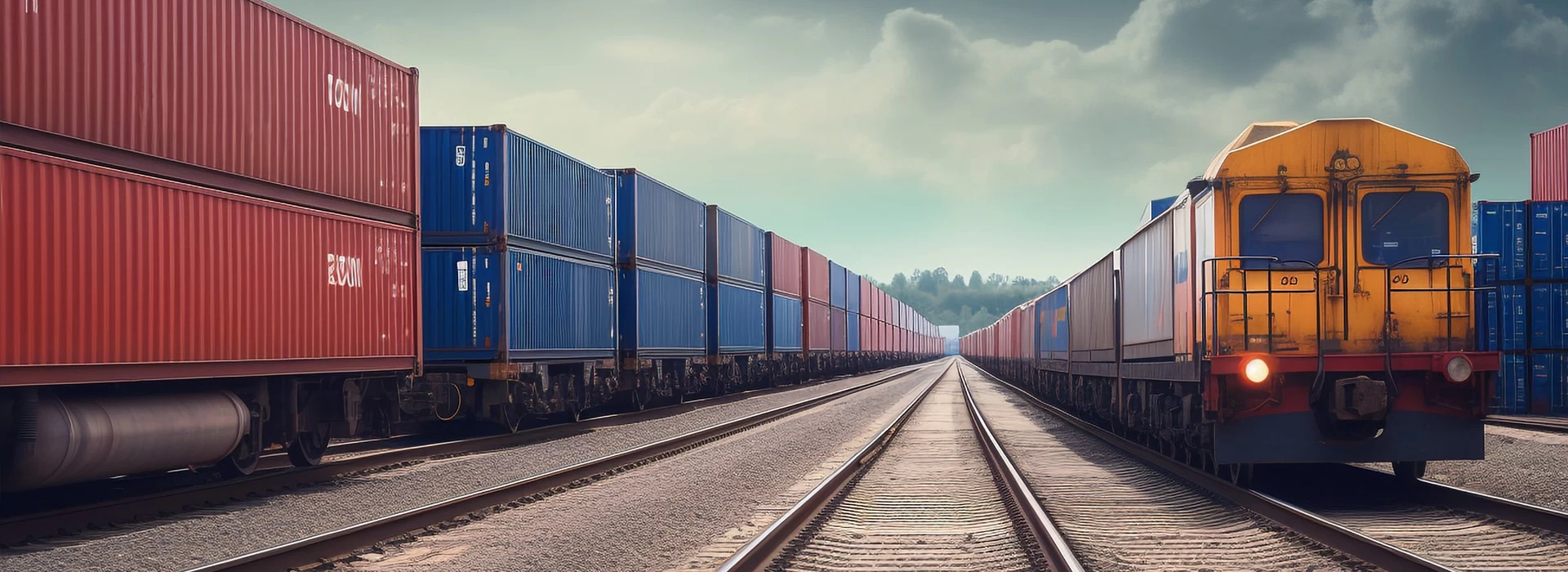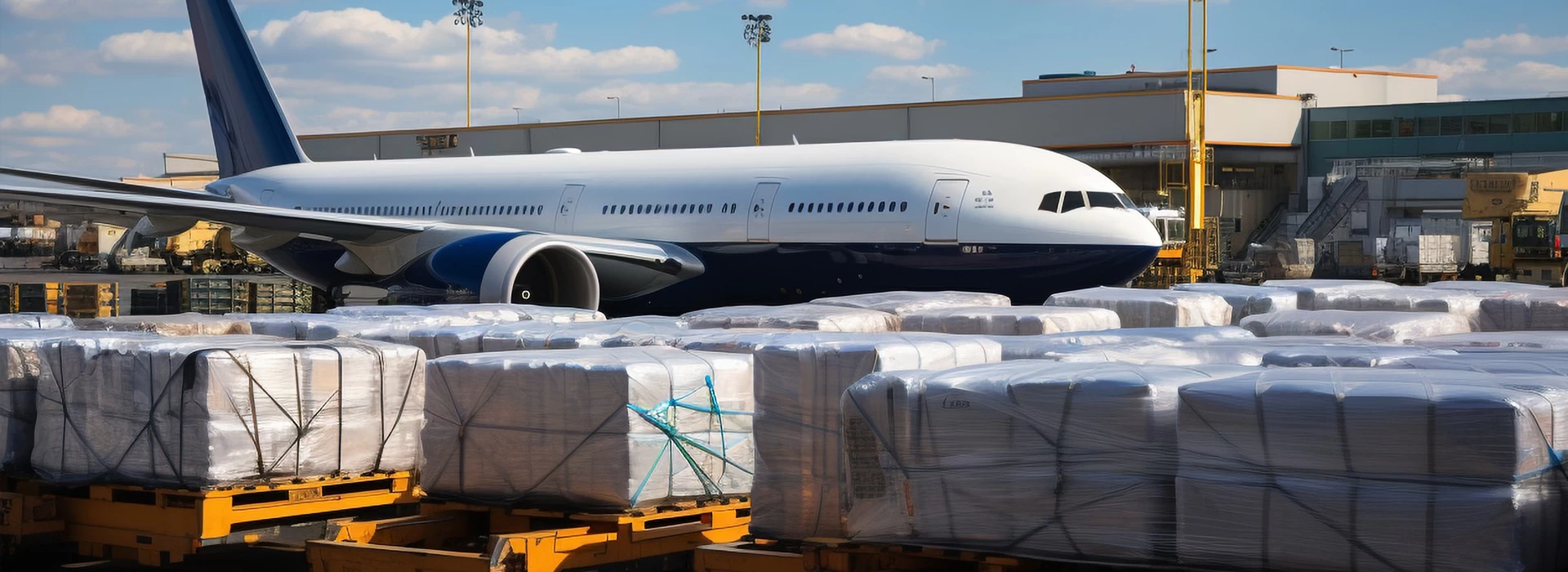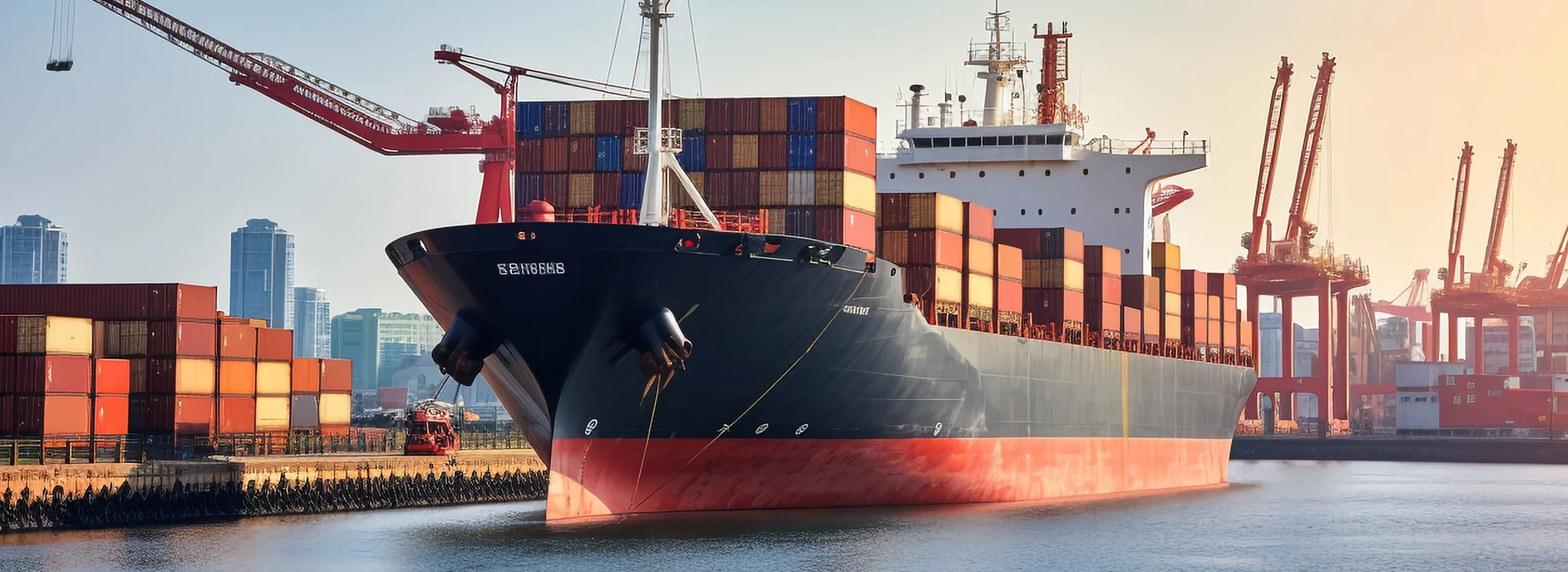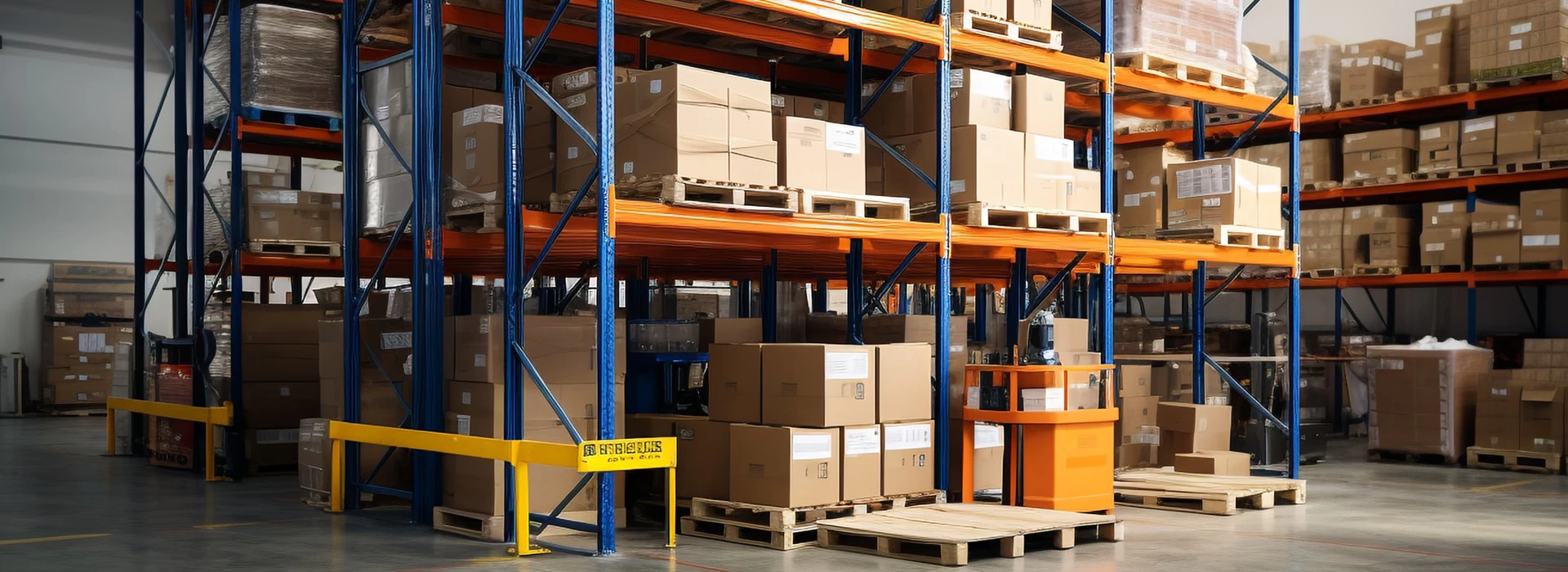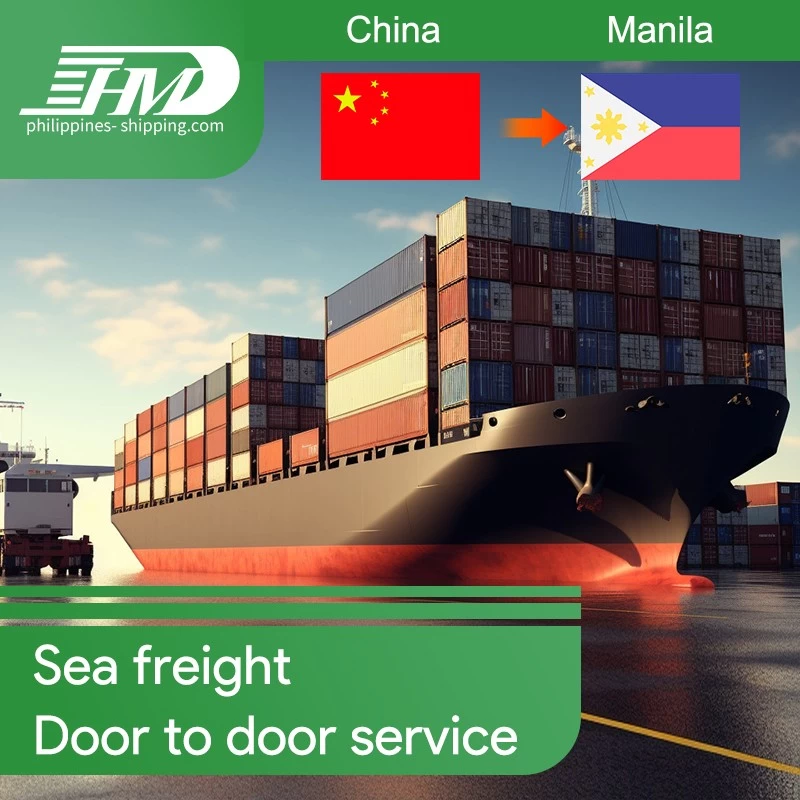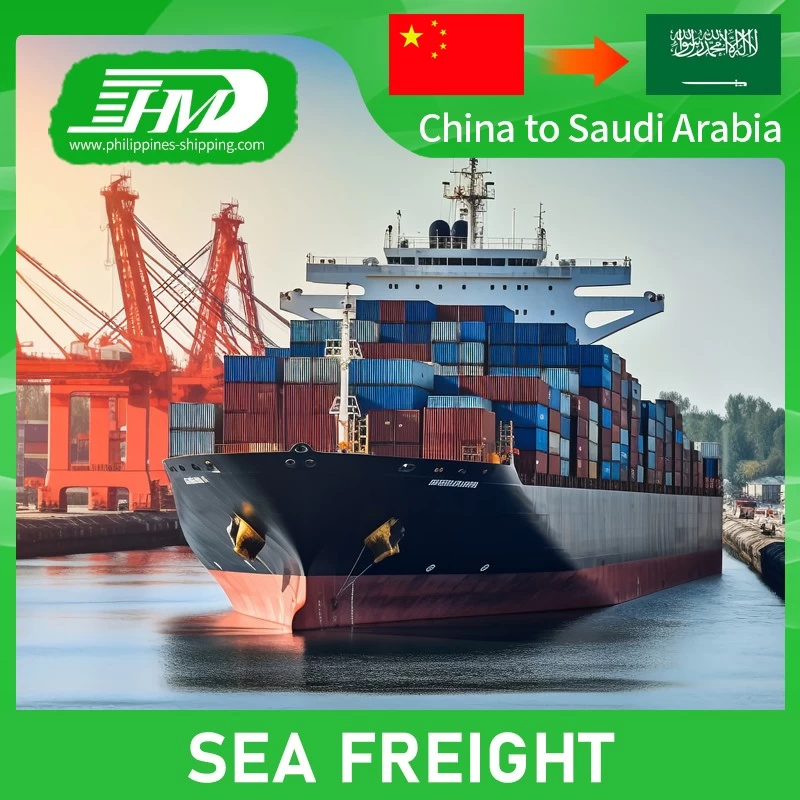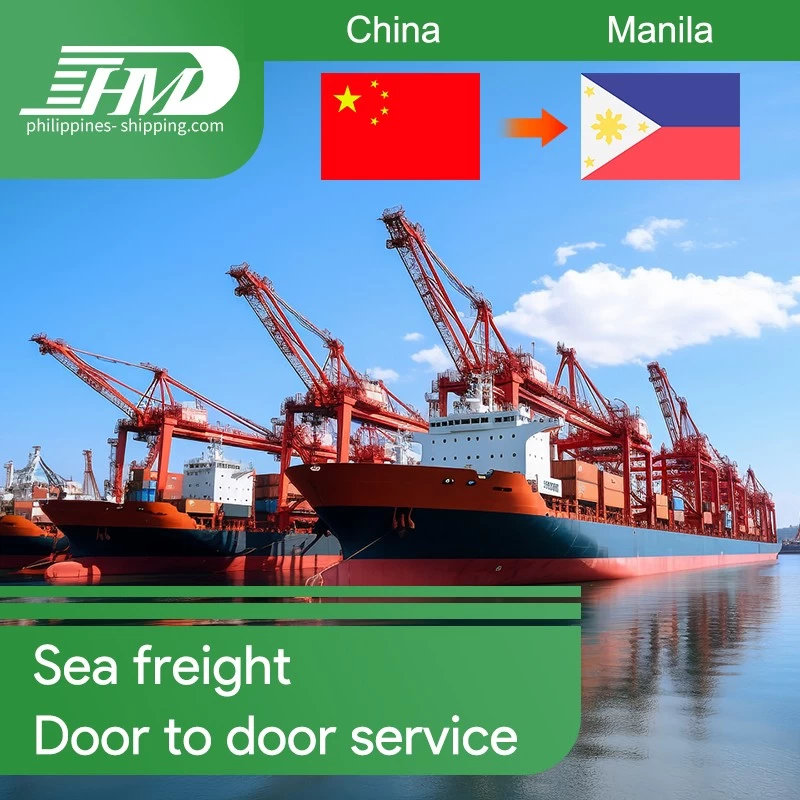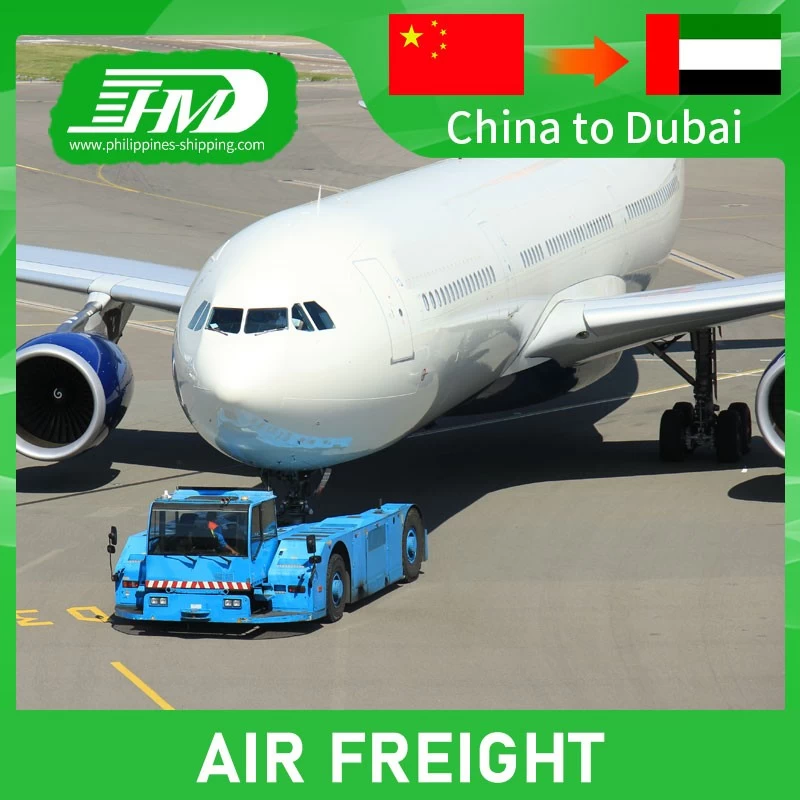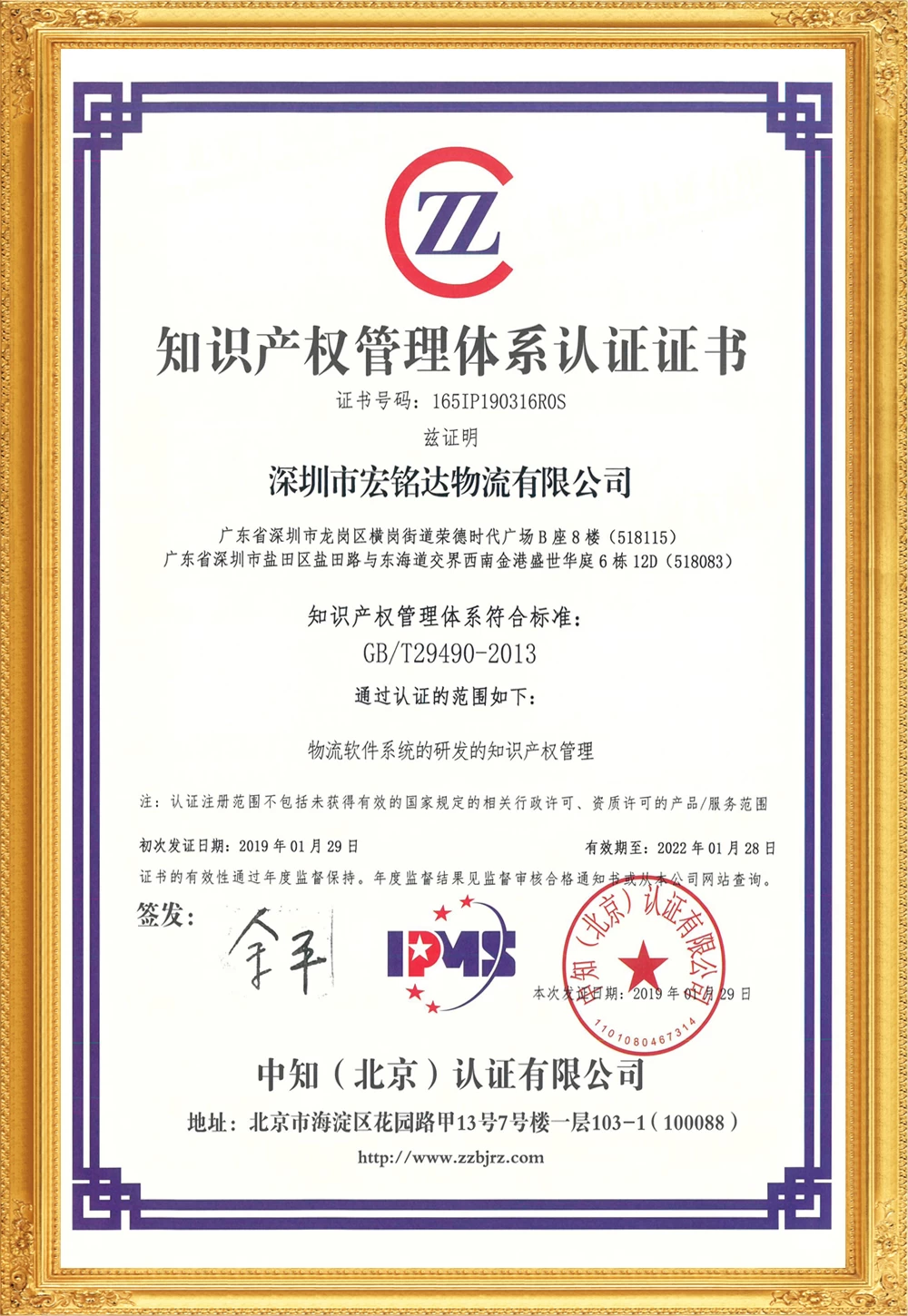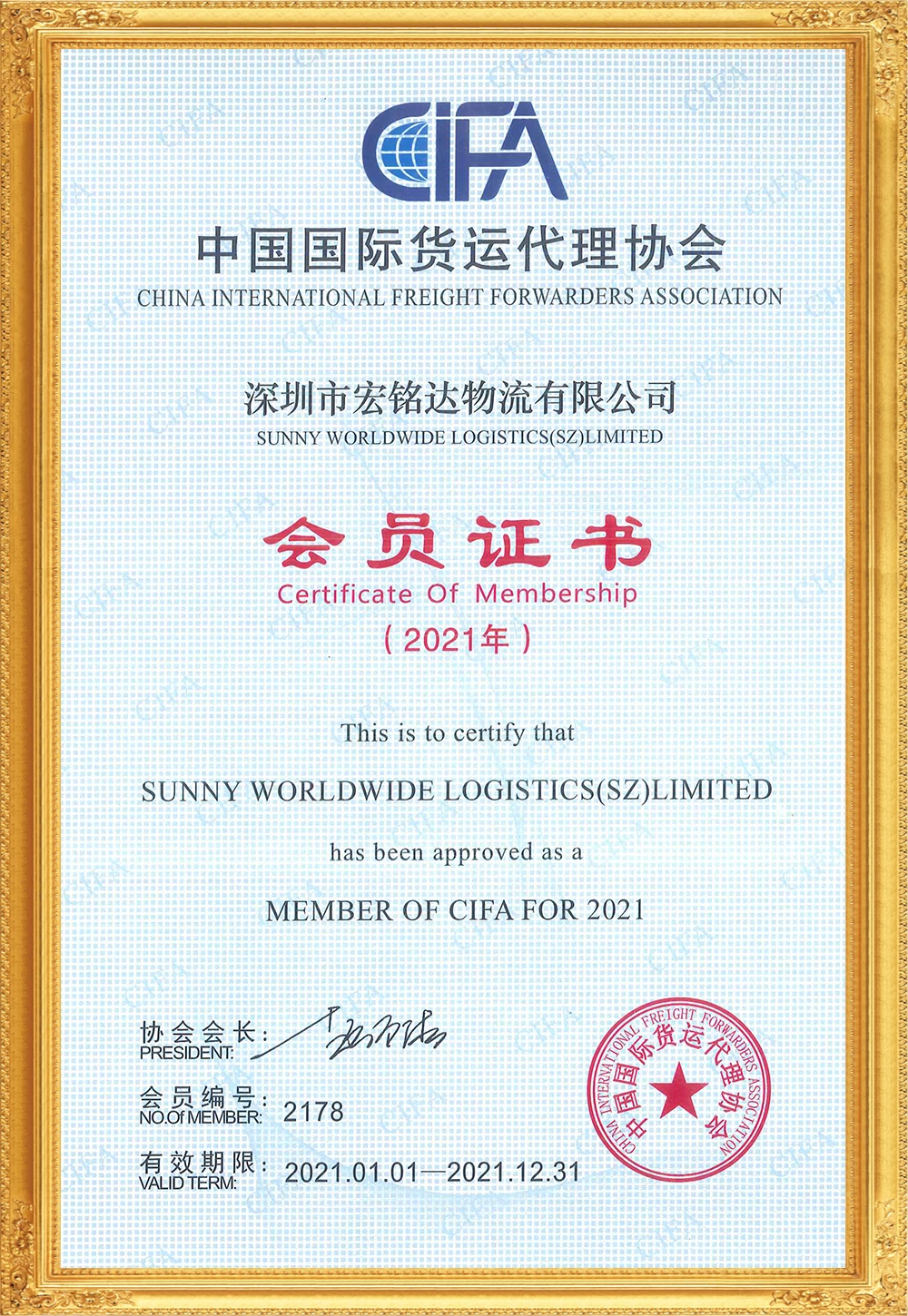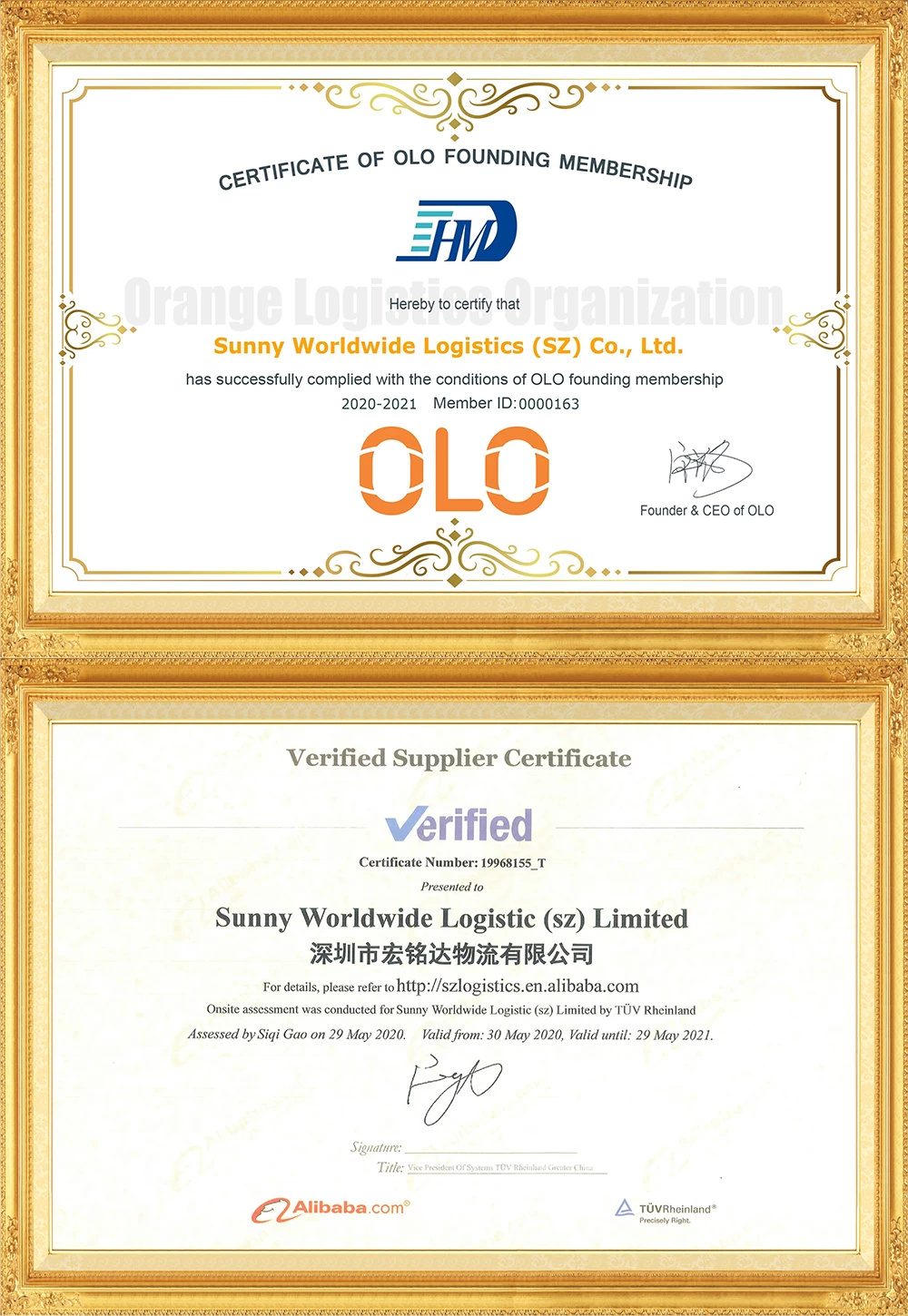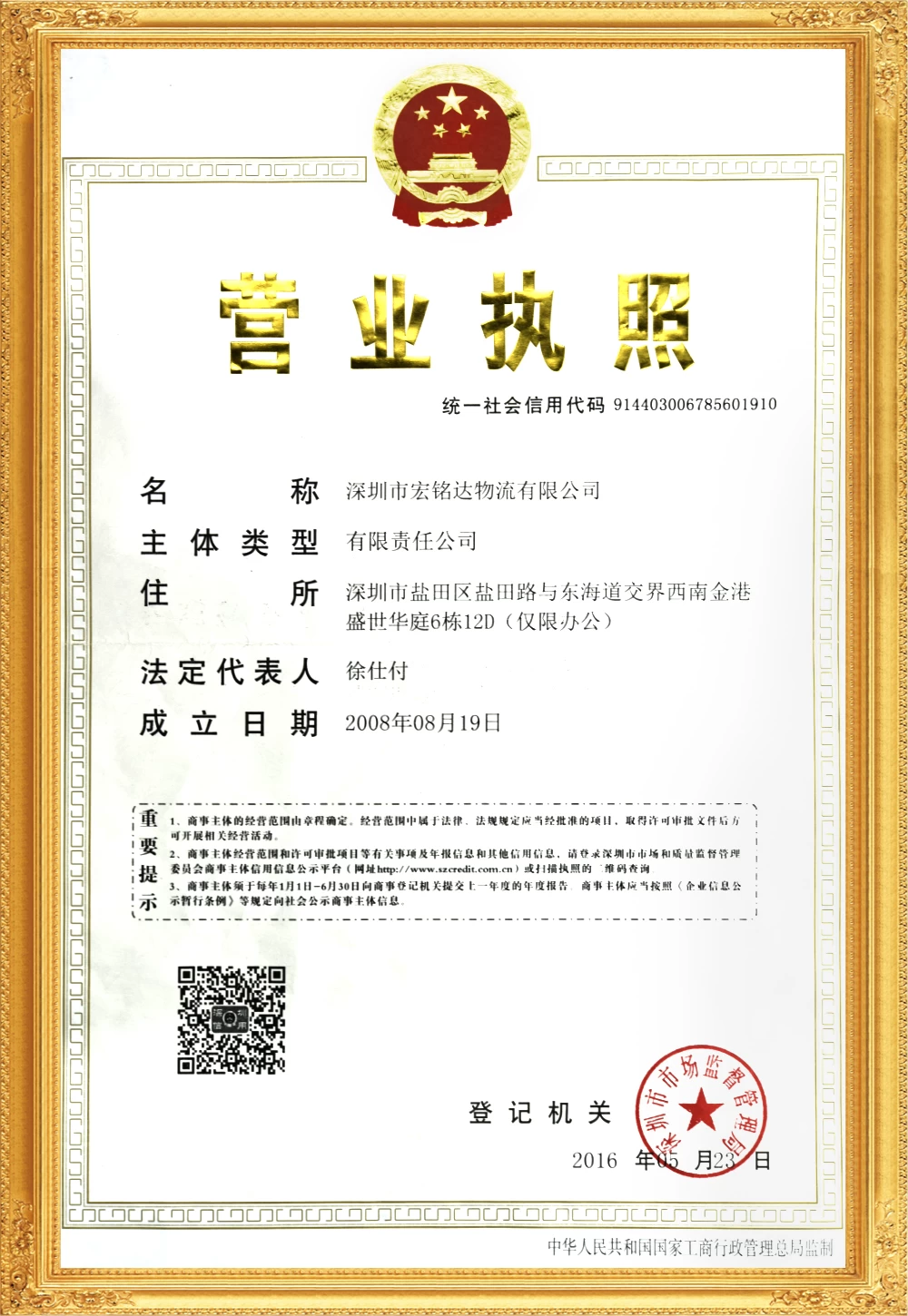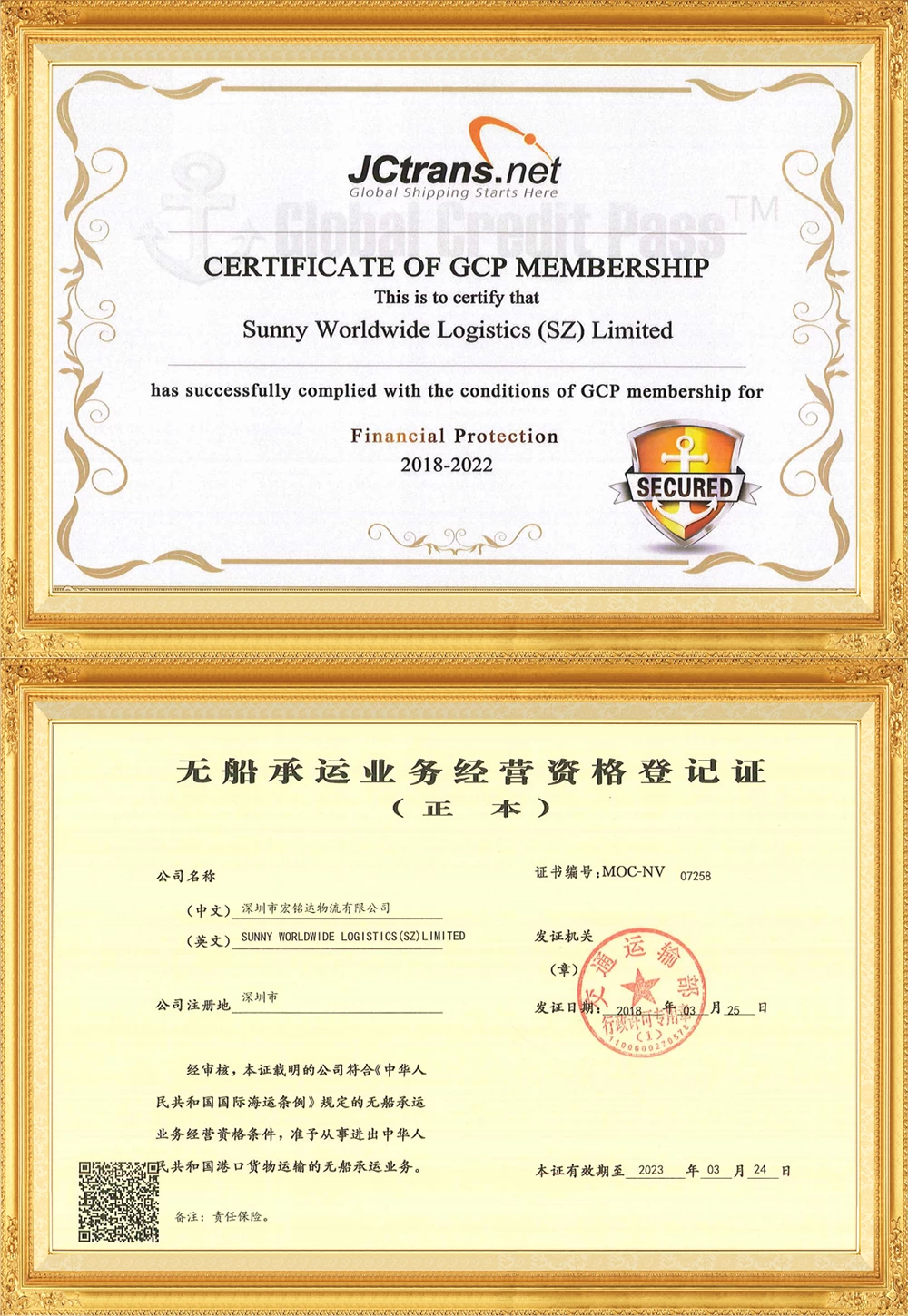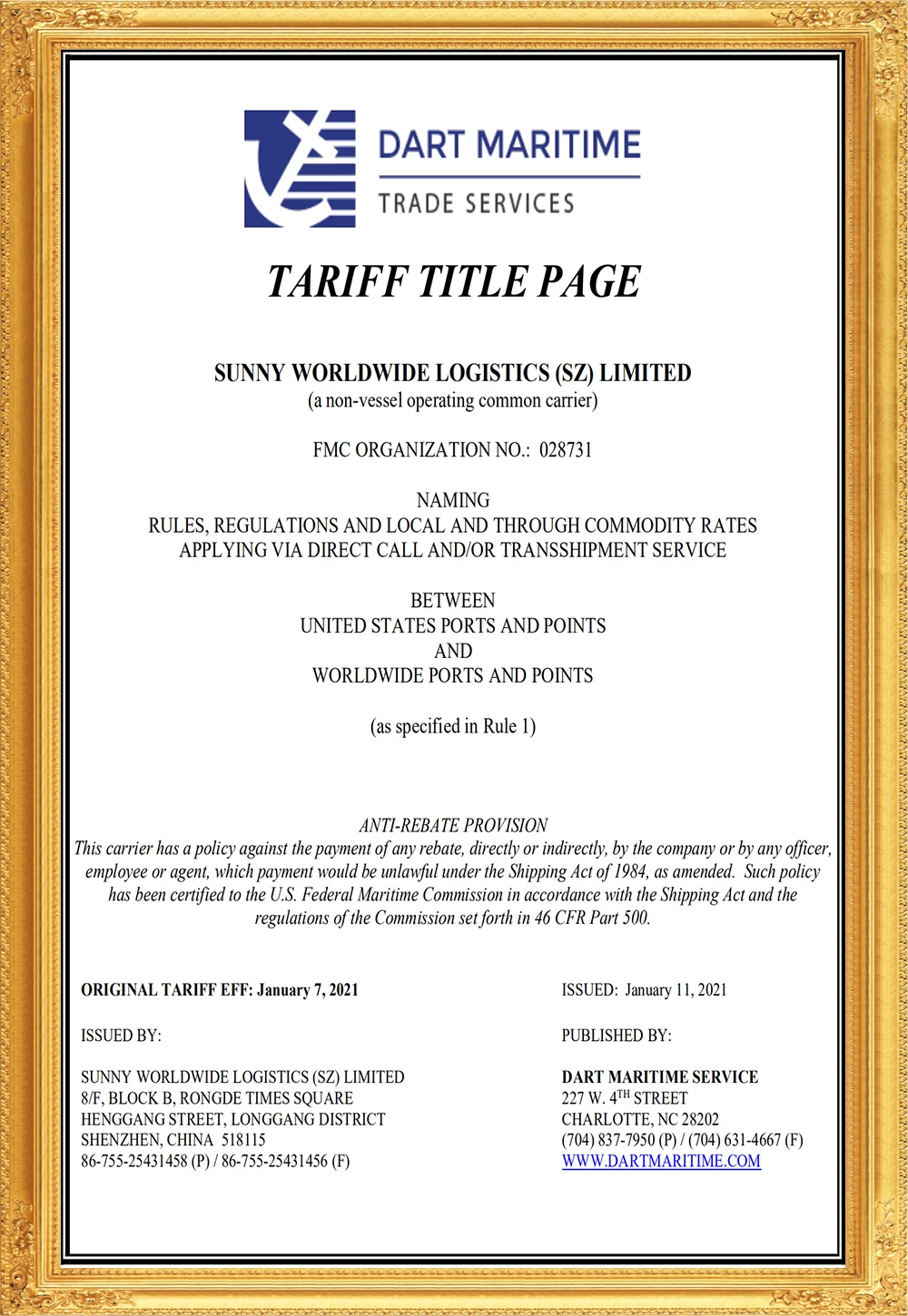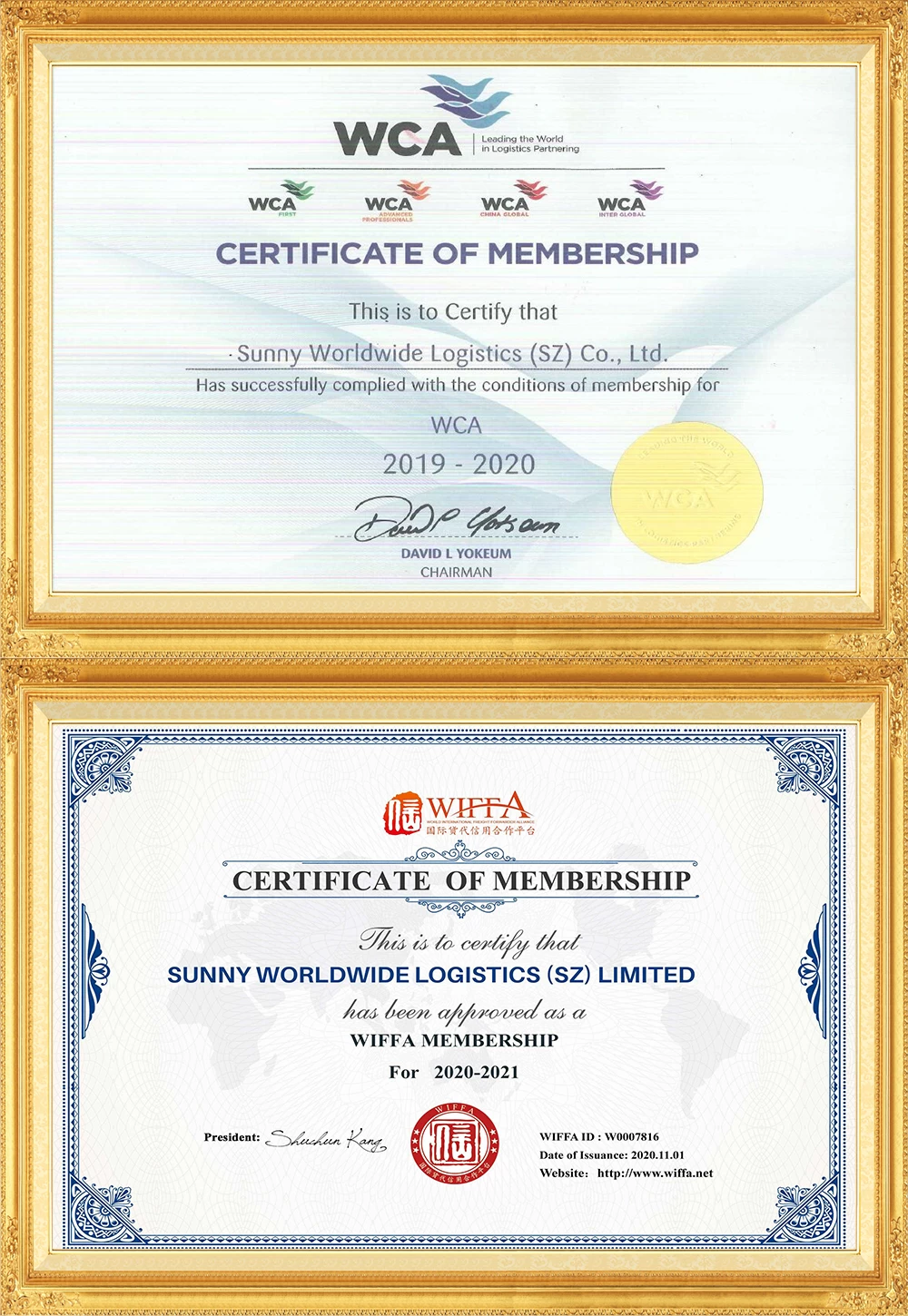Will the strike continue in September? Is the European port strike problem really unsolved?
The more and more frequent strikes by employees in European and American ports and trucks are posing a challenge to the stability of the supply chain.
Although the strike at the Port of Felixstowe in the UK is temporarily over, labor issues remain unresolved. According to local media reports, the strike action will continue if employers reject workers' demands for wage increases.
According to reports, the United Kingdom has proposed that more strikes will be held on September 19, and the Port of Liverpool may join the strike with the workers of the Port of Felixstowe.
In addition to the strikes by workers at British ports, there have also been strikes and protests by workers and truck drivers in ports in North America, Germany and other places before, which has caused a major impact on local transportation business.
Against the background of high inflation rate and rising cost of living in Europe and the United States, increasing income and refusing to cut wages and layoffs have become the main demands of local port logistics workers to strike, and this has also become a new challenge, obstacles and risk points faced by the international supply chain since the outbreak of covid-19 pandemic.
Port workers strike, trade severely damaged
The Port of Felixstowe is located on the east coast of the United Kingdom and is the largest container port in the United Kingdom, handling about 40% of the container volume in the United Kingdom every year, with an annual throughput of more than 4 million TEUs. At the same time, it is also one of the basic ports in Europe like the ports of Hamburg, Rotterdam and Antwerp. In the 2021 list of the world's top 100 container ports released by Lloyd's Daily, the Port of Felixstowe ranked 42nd.
The Port of Felixstowe is adjacent to major ports in Northwest Europe, providing services for ocean, offshore, feeder and transit. Feeder services reach Ireland, Scotland, continental Europe, Iberia, Scandinavia and the Baltic states. Inland collection and distribution can be quickly carried out by road and highways connecting the whole of the UK and two railway stations in the port.
Since the beginning of this year, inflation in the UK has been high and the cost of living has remained high. Against this background, a labor dispute broke out between the Felixstowe Port Union and the port management company. The 8-day strike officially began on August 21 after rejecting a 7% salary increase proposed by port operator Hutchinson Port Holdings Ltd.
About 1,900 union members participated in the strike, including crane operators, stevedores and other types of work.
The relevant person in charge of the union said: "The strike action will cause huge damage and will have a huge impact on the entire UK supply chain, but this dispute is entirely caused by the terminal company itself. They could have offered union members air pay, but they chose not to."
Obviously, this is not good news for traders and shippers.
The Russell University Group, a data and analytics agency, predicts that the strike at the port of Felixstowe could disrupt trade by more than $800 million, leading to a diversion of trade to smaller UK ports as well as international ports including Wilhelmshaven in Germany. Earlier, the British International Freight Association said that the port's operation was chaotic, inefficient, the port was congested, and the shipping schedule was delayed, causing serious losses to sellers.
Some traders also said: "A strike is the last thing our retailers can accept. High prices have made the experience more difficult for many shoppers."
The follow-up response continued, and the shipping company made repeated adjustments
There is no doubt that, as the basic port of Europe, the strike of Felixstowe port workers will trigger more follow-up reactions, and will also bring more obstacles to the poor port operation and supply chain.
Data provided to this publication by aviation and maritime data service VesselsValue shows that in the past 12 months, a total of 713 container ships were berthed at the Port of Felixstowe, the number of berths in the UK after London Gateway and Southampton port.
But it is worth noting that the Port of Felixstowe has more VLCCs calling. VesselsValue data shows 175 VLCCs have docked at the Port of Felixstowe in the past 12 months, followed by Southampton with 80 and London Base with 40.
This also shows to a certain extent that there are more large shipping companies calling at this port, but after the strike, these shipping companies can only choose to change the port of call.
Xie Wenqing, assistant director of the Port Research Institute of the Shanghai International Shipping Research Center, said in an interview with a reporter from China Shipping Gazette that at present, some shipping companies' main routes from the Far East to Europe will call at the Port of Felixstowe. Affected by the strike, some shipping companies have already changed the port of call to other nearby ports, such as London Gateway, Le Havre, Rotterdam, etc.
Maersk and Mediterranean Shipping have previously issued port jump notices.
Although the Felixstowe Port Trade Union announced in advance the time of the strike and other information, and the affected shipping companies have made corresponding adjustments in advance, the follow-up risks still exist.
Xie Wenqing said that according to the shipping company's re-routing announcement, if re-routing to the London gateway port, it will be easier for the goods to be re-transferred and distributed, because it can be achieved by land transportation, but if it is referred to other ports in Northern Europe, then it will face the situation that after the end of the strike, feeder ships are concentrated in the port, resulting in congestion.
Maersk also said that shipping demand is expected to be at "very high" levels after the strike, and there is also the risk that cold storage points will not be available, so Maersk will not be able to receive reefer bookings at the Port of Felixstowe.
In fact, the Port of Felixstowe itself is also at great risk of congestion. In October last year, MSC and Maersk transferred the port of call for the AE7 route from the Far East to Europe from Felixstowe to Wilhelmshaven, Germany. At that time, the average waiting time at Felixstowe had reached a peak of 28 hours.
The data provided to this publication by VesselsValue shows that since the beginning of this year, the waiting time at the Port of Felixstowe has climbed to 40 hours, but it has since begun to decline. The current average waiting time is about 10 hours, which is still higher than the level of the same period in the past five years. And compared with 6 hours in Wilhelmshaven and 3 hours in Southampton, the smooth flow of London Gateway Port is much higher.
Under the frequent strikes, multiple industry activities face challenges
The strike at the Port of Felixstowe is not the only port strike in Europe and the United States this year, and it may not be the last one this year. Especially recently, the frequent strikes in North America and Europe have become a new “blockade” in the global supply chain.
In mid-July, a large-scale protest by truck drivers broke out at the Port of Oakland in the United States, and the ground services at the port were almost completely suspended. As time went on, there were also protests at the Port of Los Angeles and the Port of Long Beach. Truck drivers protested at the wharf, causing traffic jams and blockages at the wharf entrance, which resulted in the accumulation of containers at the port, which could not be shipped out, and the shipper' s pick-up and return of containers was greatly affected.
In addition, large-scale protests broke out by German port workers this year, which led to the shutdown of major European ports such as Hamburg, Bremerhaven and Wilhelmshaven, affecting the efficiency of the supply chain.
An industry insider said helplessly: "In the past, the industry faced more small-scale strikes with limited impact, but since the beginning of this year, a 'strike wave' has formed in Europe and the United States, and the damage to the global supply chain is far greater than the control closure caused by the pandemic last year."
The above-mentioned industry insiders also believe that if the strikes in Europe and the United States continue, it is very likely to reproduce the congestion situation of last year, and then reduce the effective capacity again, increase the freight rate, and damage the enthusiasm of import and export trade.
Xie Wenqing also said that since the beginning of this year, affected by the conflict between Russia and Ukraine, severe inflation in Europe and the United States has led to a high increase in living expenses, which is the main incentive for the strike action.
"Take the current strike at Felixstowe Port as an example. Previously, the port operator had actually proposed a 7% salary increase plus an additional subsidy of 500 pounds, but according to the union's calculations, the estimated price increase was 13%. The salary increase could not meet the price increase, and because the negotiation failed, a strike action was finally taken." Xie Wenqing told a reporter from China Shipping Gazette.
Under the frequent strikes, in addition to the damage to the supply chain, it also brings more challenges to port operators.
Drewry pointed out in the "Annual Review and Forecast Report of Global Container Terminal Operators" that, in terms of financial indicators, in 2021, due to the increase in the detention time of goods in ports, additional storage costs will be incurred. Business income has increased. However, it also faces the pressure of rapidly rising operating costs.
If raising wages through strikes has become a normal method for port workers in Europe and the United States, then port operators will not only be under the pressure of rising costs, but will also face the risk of suspending production at any time. Therefore, it is urgent to establish a long-term mechanism to solve this problem.
In this regard, Xie Wenqing suggested that port operators, especially those in my country, need to consider the local labor conditions more before participating in overseas port investment, and try to adopt a joint venture and cooperation model with local enterprises to carry out related business to avoid operating ports bear the brunt of strike activity and rely on local organisations to minimise the impact of strikes.
"Fundamentally speaking, port automation and intelligent transformation can effectively solve the risks caused by human factors, including pandemics, strikes, etc. However, in European and American countries, trade unions themselves are the biggest obstacle to automation upgrades. From this point of view, It is difficult to fundamentally improve the strike problem in the short term." Xie Wenqing said.


